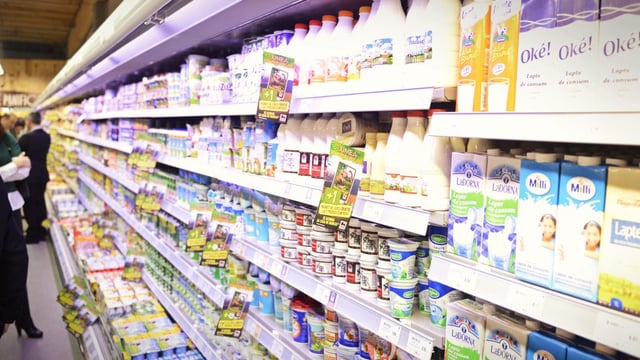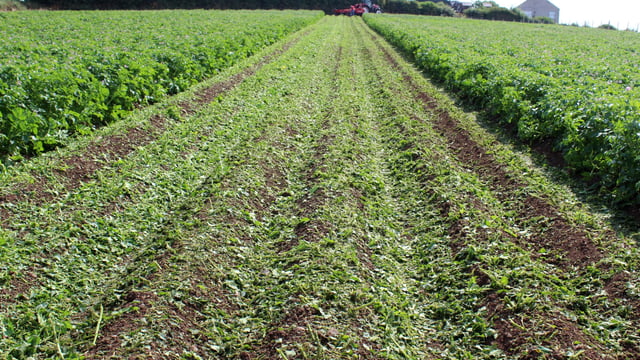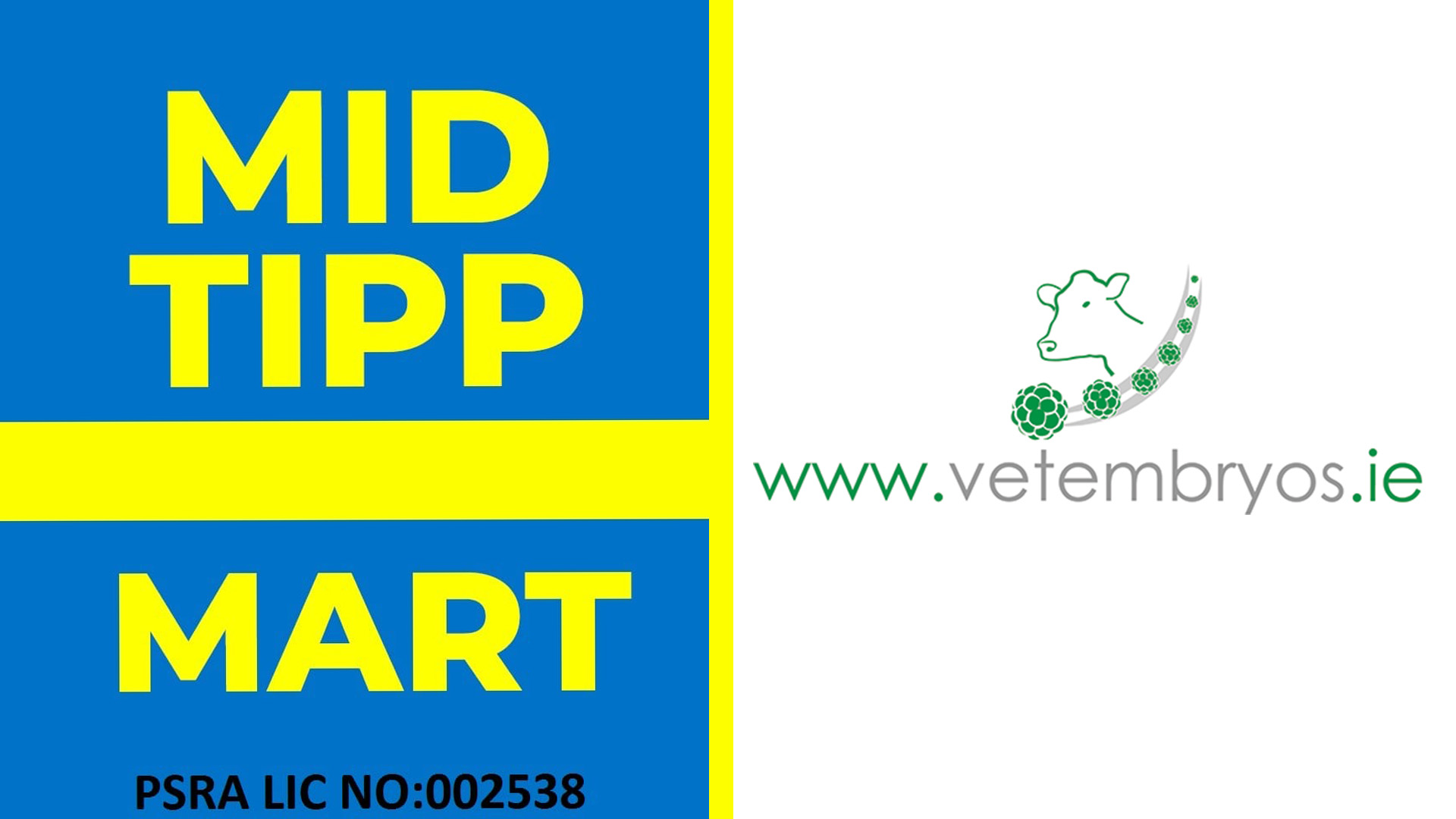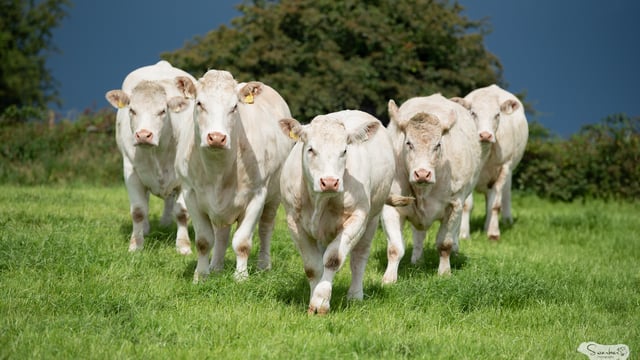Farmers will have 'full control' over where they buy veterinary medicines' - CVO
Chief veterinary officer (CVO) at the Department of Agriculture, Food and the Marine (DAFM), Martin Blake, has said that farmers will have "full control" over where they purchase veterinary medicines, including anti-parasitics, after new EU regulations are in force from the end of January 2022.
And, he confirmed that there will be a choice of generic medicines available to farmers in a bid to rule out anti-competitiveness.
In an exclusive interview with Agriland, the CVO said that all efforts are being made to mitigate a lack of competition - or monopolisation of the market - when new veterinary medicines regulations are enforced next year.
In the wide-ranging interview, the CVO addressed issues of concern that have been raised regarding the impending regulations, as well as some of the recommendations of the Joint Oireachtas Committee on the Proposed Regulation of Veterinary Medicines (Joint Oireachtas Committee on Agriculture), which concluded recently.
In the first of a series of articles, we focus on the route of supply of medicines and the role of a new cloud-based veterinary prescription system.
Among others, one of the major changes that farmers will experience from next year involves anti-parastics/anthelmintics that are currently available without a prescription becoming prescription-only medicines (POM).
Only a vet will be permitted to supply a prescription for these products, and this has been a source of contention.
While not a 'direct' consequence of the new EU veterinary regulations, explained the CVO, this change to the supply of anti-parasitics is being implemented in conjunction with the regulations, and comes as a result of a Health Products Regulatory Authority (HPRA) report.
The Independent Licensed Merchants Association (ILMA), the Irish Pharmacy Union (IPU) and the Irish Co-operative Organisation Society (ICOS) are among a number of stakeholders to take part in the Joint Oireachtas Committee on Agriculture, and all cited concerns about this particular change leading to a lack of competition, loss of jobs, loss of market share (among other things).
The main worry comes from the direct link between the prescriber and the supplier, and whether vets might have an unfair advantage if they are the ones doing the prescribing.
The above organisations want the status quo to continue - for these medicines to continue to be available from licensed merchants, co-ops, pharmacies, etc. without the need for a veterinary prescription.
But this will not be the case, the CVO confirmed.
Under the new regulations, the Department of Agriculture, Food and the Marine (DAFM) is introducing a national veterinary prescription system (NVPS), which will give farmers freedom over where they purchase veterinary medicines, and choice regarding the types of medicines available, he said.
The finer details relating to the process are being ironed out, but it is expected that the prescription will be available electronically "perhaps by email, QR code, onto the mobile phone" explained Martin.
If required, a prescription can be broken down into separate components, he said, and, crucially, the farmer will also have choice over the 'brand' - or not - of medicine that they can purchase, he said.
One of the recommendations of the Joint Oireachtas Committee on Agriculture is to separate or 'break the link' between prescribing and dispensing of veterinary medicines, which was advocated by ICOS, ILMA and the IPU.
This means that the medicine would only be available from a supplier that is independent of the person writing the prescription.
But, the CVO explained that this is not an avenue that will be pursued here.
"Our legal advice on this issue is that, unless we could point to an animal-welfare or animal-health-related issue - that would be a consequence of the prescriber being able to supply the medicine - we wouldn't have a legal basis to implement such a rule."
Concerns have been raised in some quarters about whether the vet will only issue a prescription for a branded medicine, rather than a generic one.
The chief veterinary officer said that it may well be the case that a vet will prescribe a branded product but that will not prevent an alternative product, with the same active ingredients, from being sold to a farmer.
"Any supplier can supply any alternative - or generic medicine - with the same active ingredients, in much the same way that a GP can prescribe a product, and when you go to the pharmacist, you may be able to purchase a generic version that might be cheaper, for example.
"What will happen is that the vet will be able to download from the HPRA website what products are available. So, they will probably have a trade (branded) name on them but the supplier will be entitled to supply a different product with the same active ingredients. The vet may prescribe the active ingredients as well but I would say it will default to the trade name."
The CVO said that he is confident that the NVPS will be transparent and will give farmers full control over where they purchase medicines, and choice of medicines too.
The NVPS has the potential to facilitate a broader animal-welfare function according to the CVO:
"All that will help animal-health surveillance, animal-health policy development, policy intervention, and it will also enable farmers to get feedback on the prevalence of different diseases so they can look at their own herd-health planning so they can anticipate and deal with problems.
The NVPS is due to be ready for systems testing in December 2021.






